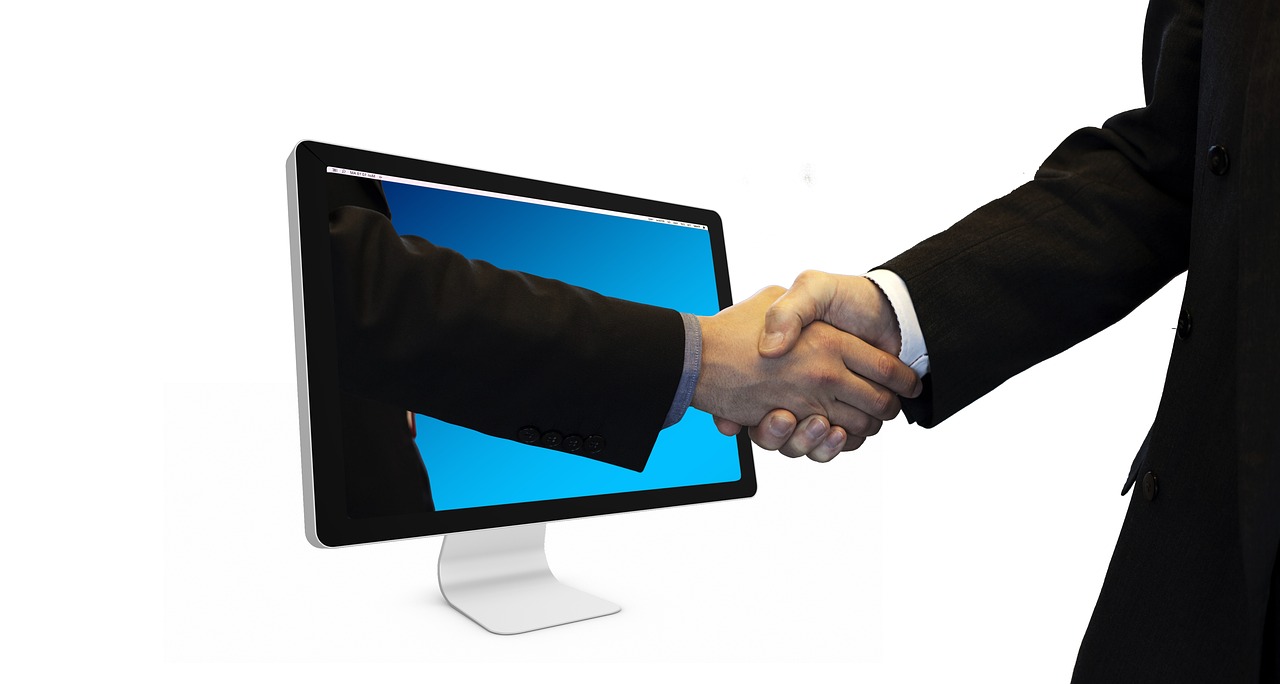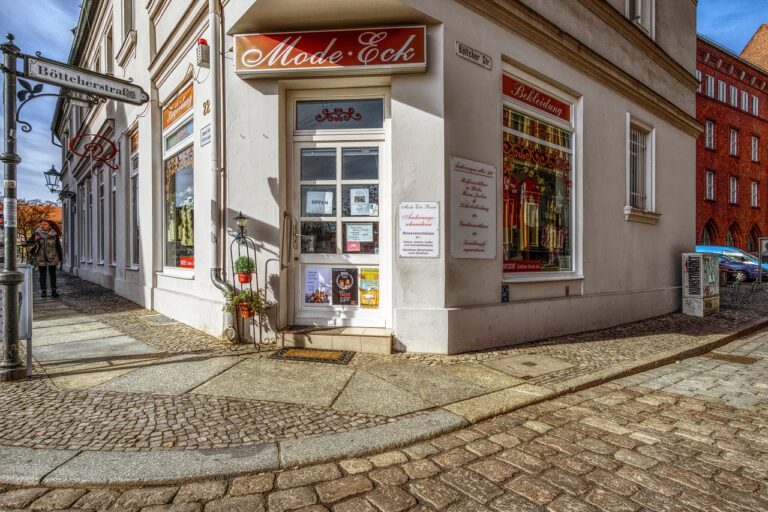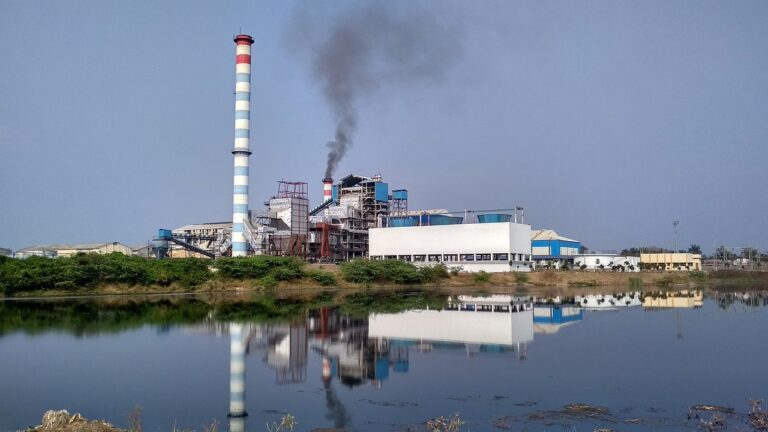Leveraging Social Media for Event Promotion: Strategies for Building Anticipation, Generating Buzz, Driving Ticket Sales, Increasing Attendance, Enhancing Engagement, Fostering Interaction, and Amplifying Reach, Impact, and Results with Authentic, Relevant, Compelling, and Shareable Content: Goldenexch, Cricbet99 link, King 567
goldenexch, cricbet99 link, king 567: Social media has revolutionized the way we promote events. With the power of platforms like Facebook, Instagram, Twitter, and LinkedIn, event organizers have the opportunity to reach a vast audience, build anticipation, generate buzz, and drive ticket sales like never before. By leveraging social media effectively, you can increase attendance, enhance engagement, foster interaction, and amplify your event’s reach, impact, and results.
Here are some strategies for utilizing social media to promote your event successfully:
1. Know Your Audience: Before you start promoting your event on social media, it’s crucial to understand your target audience. What platforms do they use? What type of content do they engage with? By knowing your audience, you can tailor your messaging and content to resonate with them.
2. Create a Social Media Plan: Develop a comprehensive social media plan that outlines your goals, content strategy, posting schedule, and promotion tactics. Consistent, strategic posting will keep your audience engaged and excited about your event.
3. Build Anticipation: Start promoting your event early to build anticipation among your followers. Create teaser posts, countdowns, and sneak peeks to generate excitement and intrigue.
4. Generate Buzz: Encourage your followers to share, like, and comment on your posts to generate buzz around your event. User-generated content is a powerful way to build hype and credibility.
5. Drive Ticket Sales: Use social media to drive ticket sales by offering exclusive promotions, discounts, and giveaways. Create a sense of urgency by highlighting limited-time offers and early-bird pricing.
6. Increase Attendance: To increase attendance, make it easy for your followers to RSVP, purchase tickets, and share the event with their networks. Use targeted advertising to reach new audiences and drive traffic to your event page.
7. Enhance Engagement: Keep your audience engaged by posting interactive content like polls, quizzes, and contests. Encourage conversation and feedback to foster a sense of community around your event.
8. Foster Interaction: Encourage attendees to connect with each other and share their experiences on social media. Create event-specific hashtags and encourage attendees to use them when posting about the event.
9. Amplify Reach: Collaborate with influencers, partners, and sponsors to amplify your event’s reach on social media. Partnering with individuals or organizations with a large following can help you reach new audiences and increase visibility.
10. Shareable Content: Create authentic, relevant, and compelling content that is shareable and resonates with your audience. Video, live streaming, and behind-the-scenes content can be particularly engaging and shareable.
By following these strategies and leveraging social media effectively, you can maximize the success of your event promotion efforts. Social media has the power to connect you with your audience, drive ticket sales, increase attendance, and amplify your event’s impact. Start planning your social media promotion strategy today and watch your event soar to new heights.
FAQs
1. How far in advance should I start promoting my event on social media?
It’s a good idea to start promoting your event on social media at least 2-3 months in advance to build anticipation and generate buzz.
2. What platforms should I use to promote my event?
The best platforms to use will depend on your target audience and the type of event you are hosting. Facebook, Instagram, Twitter, and LinkedIn are popular choices for event promotion.
3. How can I measure the success of my social media promotion efforts?
Track key metrics such as engagement, reach, clicks, and ticket sales to measure the success of your social media promotion efforts. Analyze the data to make informed decisions and adjust your strategy as needed.







